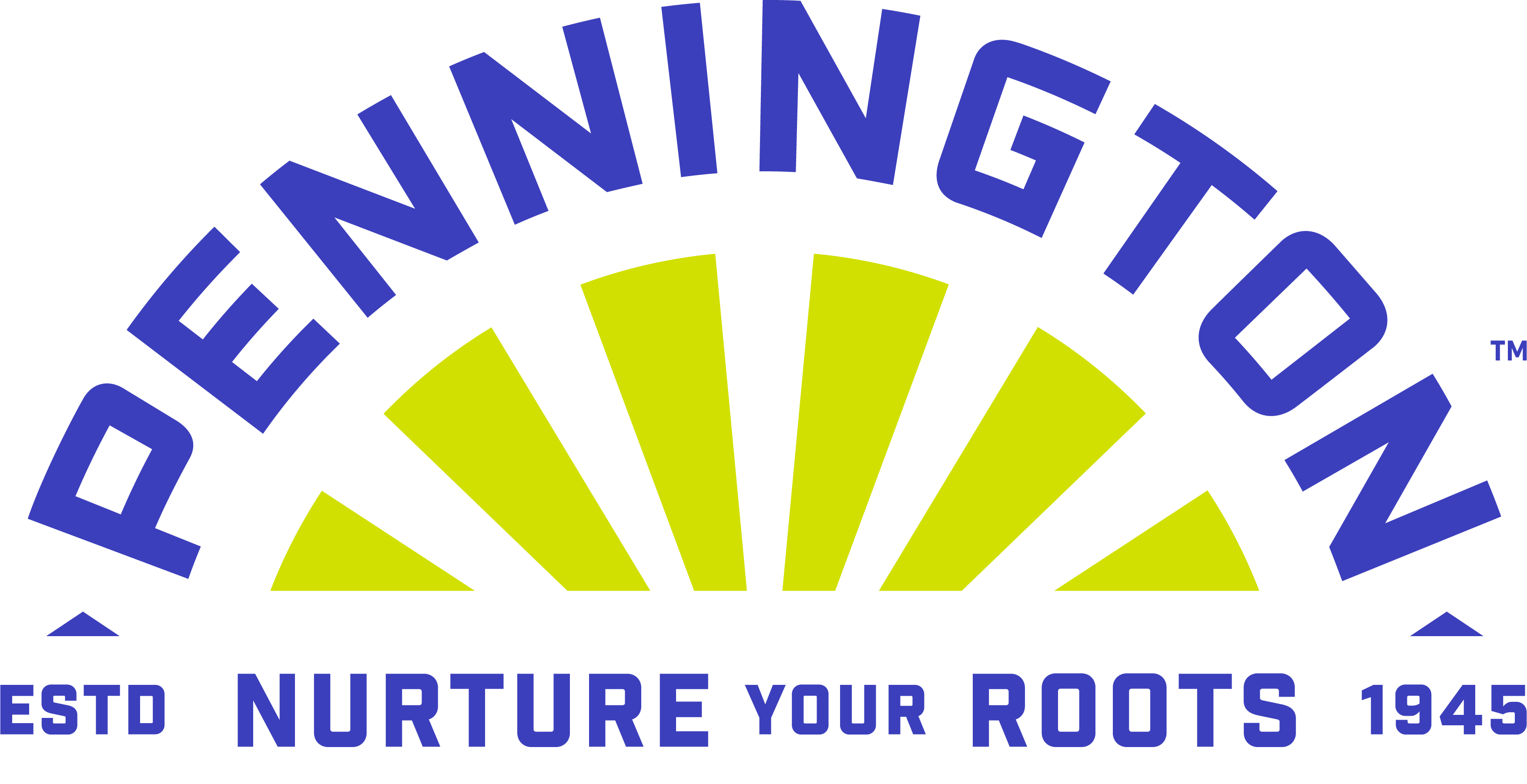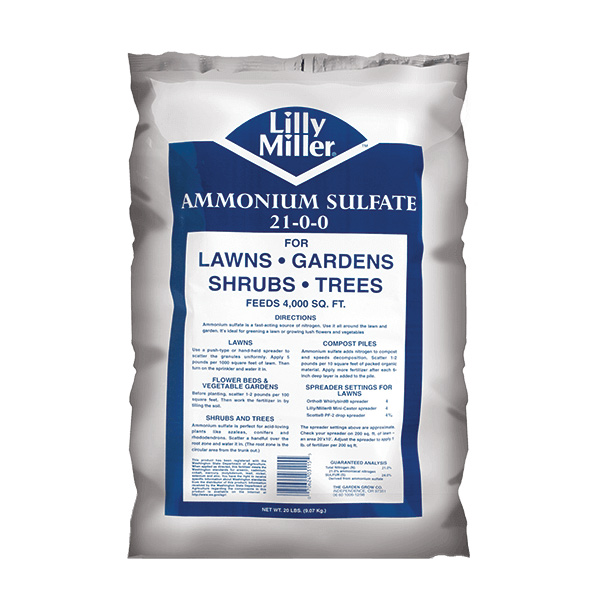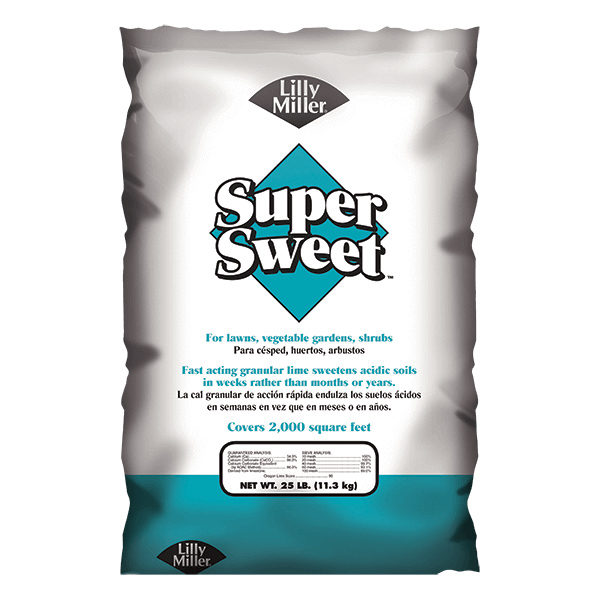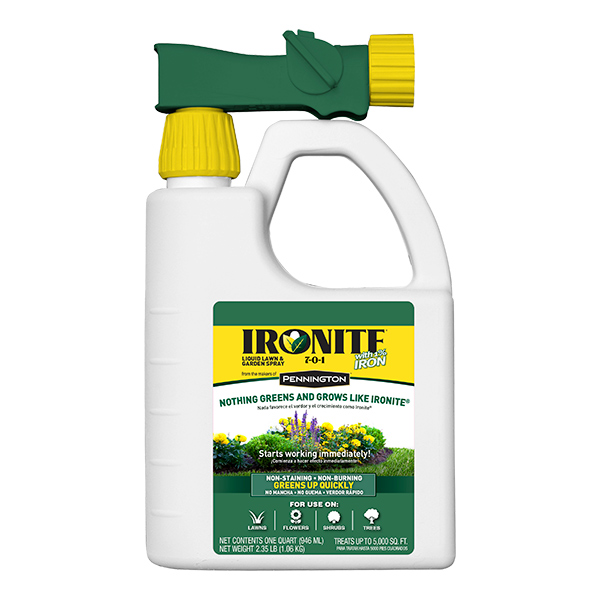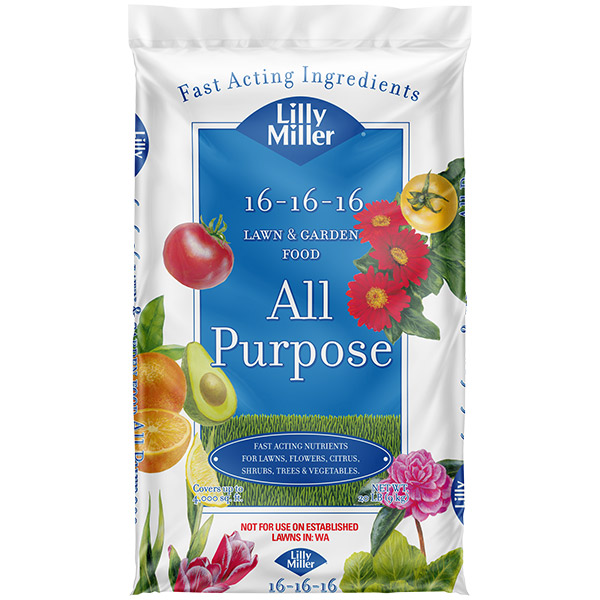Plant Food
Plant Seed
Our high-quality, organic plant seeds are perfect for any gardener, whether you're a seasoned pro or just starting out.
Wildflower
Attract bees, butterflies and hummingbirds with this premium wildflower mix.
Soil Amendments
Soil
Natural and organic ingredients that work together in harmony with nature to revitalize soil.
Gardening Products
Ready to grow the lawn or garden of your dreams? Pennington offers a full range of products to meet all your lawn and garden needs—from lawn fertilizers and weed control to soil amendments and plant food. Every Pennington product is specially formulated to provide your lawn or garden plants with ideal blends of nutrients and minerals. Whether your goal is lush green grass, prolific homegrown vegetables or vibrant flowers and leaves, we have the products to help you succeed. Every easy-to-understand label includes all the information you need for safe, simple, effective use. You can buy and apply our products with confidence, knowing the ingredients your lawn and garden receive are backed by generations of Pennington integrity.-
Lilly Miller Ammonium Sulfate 21-0-0
Fast-acting source of Nitrogen for lawns, gardens, shrubs, and trees.
-
Lilly Miller Super Sweet Lime
Fast-acting granular lime reduces soil acidity
-
Pennington Rejuvenate Plant Food Citrus & Avocado 5-3-4
Use Pennington Rejuvenate Plant Food Citrus & Avocado 5-3-4 to help your trees and container plants thrive in their natural environment, leaving you with beautiful, abundant citrus trees to call your own.
-
Ironite Liquid Lawn & Garden Spray 7-0-1 from the makers of Pennington
Feeds lawns, trees, shrubs and flower gardens through foliage and through the root system.
-
Lilly Miller Lawn & Garden 16-16-16
This fertilizer is a traditional, multipurpose blend with concentrated, fast-acting ingredients.
Understanding Fertilizer Label N-P-K Ratios: Nitrogen, Phosphorus And Potassium
Choosing the right fertilizers for your lawn and garden doesn't have to be difficult. Armed with fertilizer basics, making the right choice is as simple as 1-2-3:
What The Numbers Mean: Every fertilizer label carries three conspicuous numbers, usually right above or below the product name. These three numbers form what is called the fertilizer's N-P-K ratio — the proportion of three plant nutrients in order: nitrogen (N), phosphorus (P) and potassium (K). The product's N-P-K numbers reflect each nutrient's percentage by weight.
Why These Three Nutrients? Plants need larger quantities of nitrogen, phosphorus and potassium than any other plant nutrients. Often called primary macronutrients, these three are among the 17 nutrients essential to all plant life. Other elements, such as iron, are just as critical to plant survival, but plants need them in much smaller quantities.
How N-P-K Affects Plants: Each of the three nutrients in the N-P-K has its own special job to do. Nitrogen (N) spurs vigorous, leafy growth and rich green color in lawn grasses and other plants. Phosphorus (P) focuses energy on strong root development and flowers, fruits and seeds, while also helping plants use other nutrients efficiently. Potassium (K) enhances overall growth. It helps regulate root and top growth and keeps plants healthy and balanced.
When To Use Different Ratios: By understanding the basics behind fertilizer labels, you can choose the right products for your lawn and garden goals with confidence. Read more about what fertilizer label N-P-K ratios mean here.
How To Avoid Fertilizer Burn In Your Lawn And Garden
By taking steps to understand this common, preventable problem, you can fertilize your lawn and garden and avoid fertilizer burn:
Understanding Fertilizer Burn: Simply put, fertilizer burn happens when plants get more fertilizer than they can process. This can happen due to excessive fertilizer or other conditions, such as plant health or weather conditions that interfere with a plant's ability to process the fertilizer it receives. When fertilizers accumulate, fertilizer salts draw water away from plant roots and tissues. What happens next is a lot like drought. Plants can't take in the water they need, so leaves begin to turn yellow or brown and eventually die.
Preventing Common Burn-Producing Mistakes: You can prevent most cases of fertilizer burn simply by reading the label on your fertilizer products and following all the instructions there. The following are some of the most common mistakes that lead to fertilizer burn:
- Applying more than the label-recommended rate
- Miscalculating the size of an area
- Guessing at fertilizer quantities
- Leaving the spreader hopper open when filling, stopping or turning
- Fertilizing dry or stressed lawns or gardens
- Using inappropriate fertilizer products
- Choosing And Using Fertilizers Properly: Fertilizers come in many different forms, from concentrated liquids to dry granules. Each type calls for different application methods, rates and conditions — all outlined on the product label.
Fertilizer burn can happen with both organic and synthetic fertilizers, but it's less likely with slow-release fertilizers than with fast-release. The best fertilizers for your lawn and garden provide an ideal blend of nutrients in forms that harmonize with plant needs and minimize the potential for mistakes or fertilizer burn. Read more to learn everything you need to know to prevent fertilizer burn.
